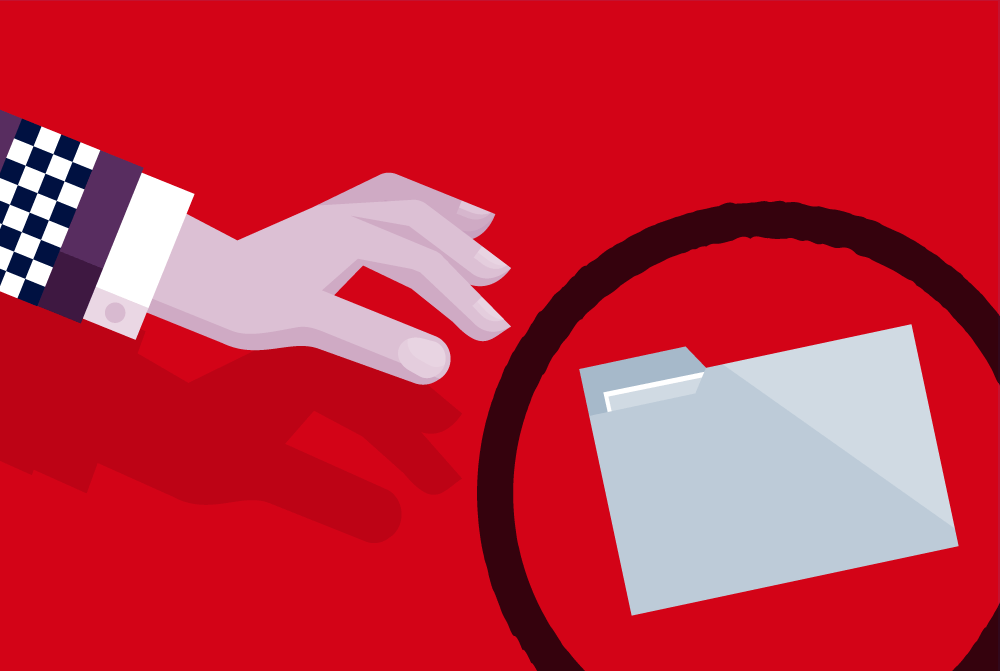Learn how to – How DNA Testing Companies Protect Their Huge and Sensitive Databases.
How DNA Testing Companies Protect Their Huge and Sensitive Databases
Today, online DNA test services are becoming more and more prevalent even as the people are grappling with surprises about their parents. This is because these services are allowing them to learn about their ancestry, potential health risks, food sensitivities, etc. The cost of these services is pretty reasonable because of the competition, and anyone can submit their DNA from home for testing which is a huge convenience. However, considering how sensitive DNA information can be, it begs the question- what kind of measures these DNA testing companies are taking to protect their databases? Let’s find out.

Most of the trusted and reputed DNA testing companies follow the norms of the General Data Protection Regulation (GDPR). It’s a comprehensive framework set up by the European Commission that aims to protect the privacy of Internet users mainly in terms of the data stored by different websites. That said, responsible DNA testing platforms take the following concrete measures to protect their databases from online threats:
Firewall and Network Monitoring Programs
The leading companies know that setting up a strong firewall is enough for preventing most of the malware attacks and protecting online businesses in 2019. They also increase security by installing network monitoring programs that can track all kinds of server activities and alert the IT team if an anomaly or intrusion attempt is detected. These two i.e. firewall and network monitoring programs are basically security 101 and they sit at the core of the security strategy of most companies today.
Encryption
Almost every DNA testing company encrypts their databases so that the personal information of all their customers is protected at all times. This is because when a database is encrypted, then it can’t be read by a hacker or some other online threat. To them, the data appears as a random string of numbers and letters which don’t make sense. However, the actual program that’s used by the company is capable of converting this code into legible text which can be used by the system for providing the appropriate services to the customers.
Backup and Disaster Recovery
Some of the best companies today use proper Backup and Disaster Recovery (BDR) strategies to protect the databases from ransomware, human error, hardware failure, etc. In these, the databases are copied to a secondary location, usually cloud storage, on a regular basis. The idea is that even if the primary database location is compromised due to any reason, then the files can be restored from the secondary location. In this way, the databases can be protected from all kinds of risks.
Bottom Line
Gone are the days when companies could get away with a lot that concerned customer privacy and security as there wasn’t any authority that monitored their activities. However, today, global watchdogs, government organizations, and even people have become aware of their rights to privacy and security when surfing different kinds of websites. In fact, companies including giants like Facebook and Google are often challenged by authorities and forced to pay fines whenever security lapses are detected. The same goes for DNA testing companies as they too have to ensure that the databases they build and maintain are protected from all kinds of online threats.
Leave a Reply
You must be logged in to post a comment.